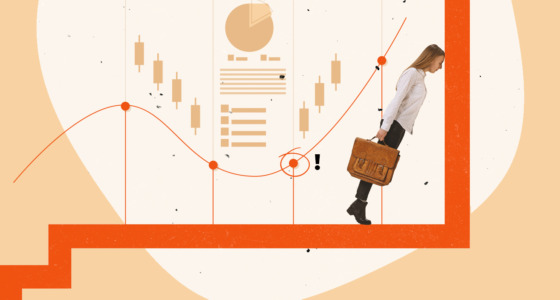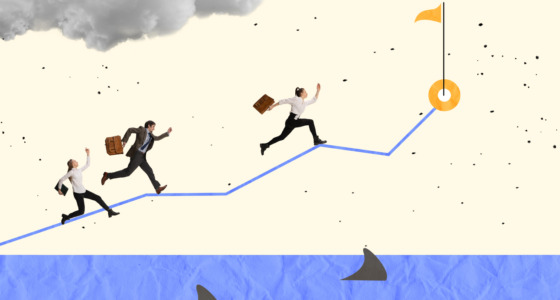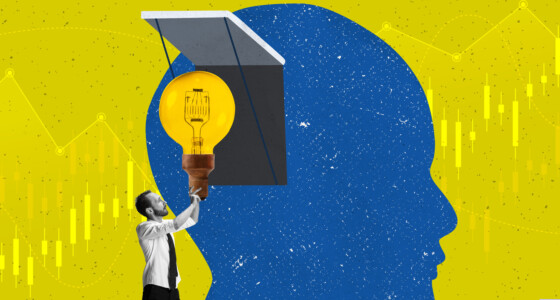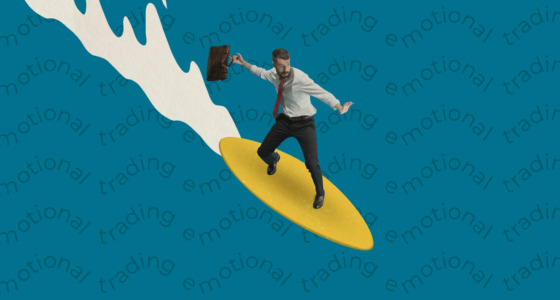

A crucial part of trading that should be paid more attention to, even by experienced traders, is the importance of trading with psychology. Many successful traders know this vital part of trading, but most amateurs need to be aware of it and its potential.
By taking inventory of trade history, it will be discovered that some of the significant losses result from mistakes that stem from a lack of discipline when trading. Some are a result of approaching the market with a different mindset, which is why trading psychology has to be taken more seriously.
The excellent news about trading with your guts is that it can be improved through the rigorous process of mastering dedicated emotions that positively or negatively influence your decision-making process.
The concept of trading psychology
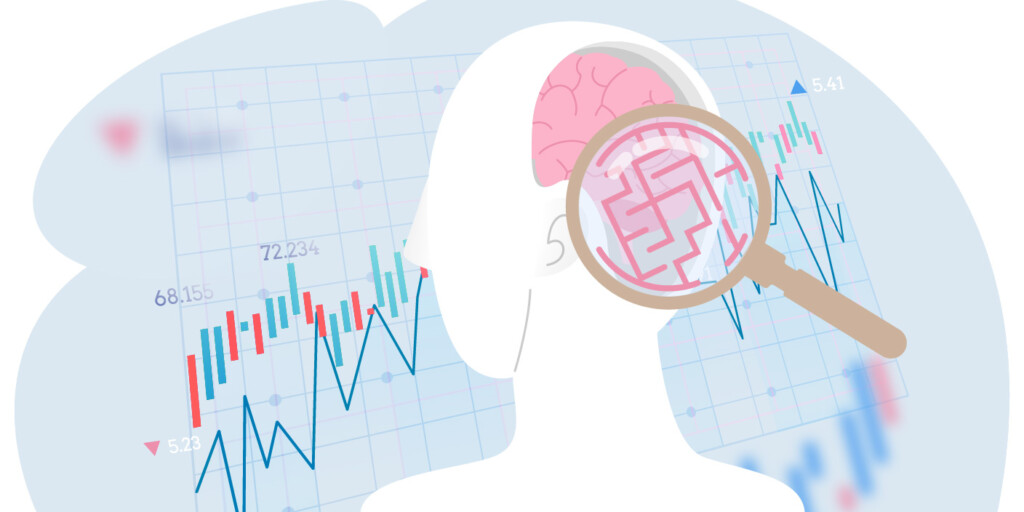
The concept of trading psychology is based on the mental state of an individual, which has the potential to determine their trading ability and, ultimately, profit. It is always recommended to spend extensive time learning several trading skills. What is more important, however, is to have a rock-solid mental approach toward any market situation.
Here are some of the key takeaways that will point you in the right direction as you journey into trading psychology:
—90% of trading capital is lost due to emotions and impulsive decisions – fear of missing out or being wrong.
—Professional traders must master their mindset and be confident. They must build resistance against fear and anxiety.
—The best traders are confident in their decisions. They make precise decisions based on the fluctuating nature of the market. Rather than act on fear and emotions, they follow facts and market reality.
Here is what they do:
1. Start getting comfortable with risk-taking
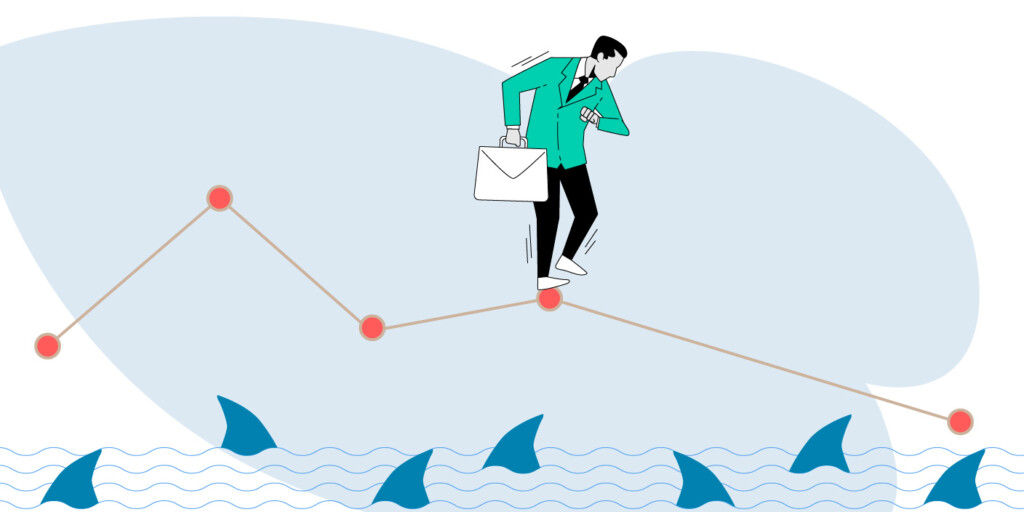
To become a successful trader, you need to build a mental capacity that can tolerate a high level of risk. When losses become frequent, it generates self-doubt, fear, apprehension, and uncertainty, and this emotional feeling tends to affect your future trading decision negatively.
In building your psychology as a trader, you must start getting comfortable with taking various levels of risk. Be ready to put your capital on the line for better results without letting the fear of losing your money take hold of you.
An intelligent trader knows that in the school of profitable trades, risk and reward are two crucial factors that go hand in hand. Nonetheless, there’s also a need to understand how practical money management is and take responsibility for managing your risks.
2. Learn to retreat and re-strategize when trades go south
Most professional traders who understand the concept of trading psychology know when to start drawing back from trading when they experience poor outcomes. Retreating is not a sign of weakness but an avenue to analyze your trading strategy and results.
At this stage, you are focused on figuring out the right time to adopt a new trading technique or remain on the sidelines until you find out what works.
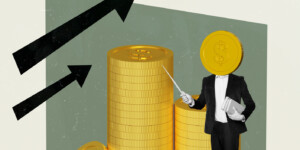
3. Don’t just trade, analyze
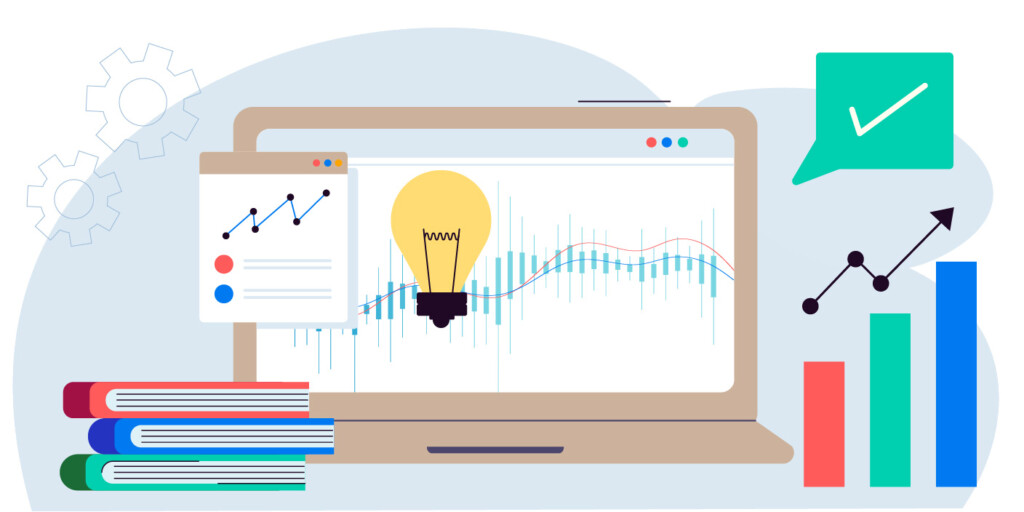
Few losses are realized due to some traders needing to take the time to analyze their methods comprehensively. Before knowing what to do or what step to take as a trader, you must take out guesses. In taking out guesses, you ensure that your trades are planned well.
4. Keep your learning curve higher
The most common exercise that profiting traders carry out is to pay the price to improve their trading psychology by strengthening their knowledge. In keeping your learning curve higher, you must increase your understanding of how trading works and how to make calm and better decisions.
The best way to learn faster is by associating with pros who have gone ahead of you and have a track record of successful trades. The strategies and skills you will learn will help you as you go.
Conclusion
There is a need to develop a proper trading technique that assists you in making a consistent profit. Most people believe that learning the nature of the market is the ultimate way to become a successful trader; however, this is different. Every trading decision always has an uncertainty degree which needs to be accepted if the maximum utilization of trading psychology will be actualized.
There is also the need to eliminate any form of emotional biases. When this is achieved, the mind can be truly prepared for risk strategies and consistent profit.
Sources:
Trading psychology; the power of patterns and principles, Forbes
Trading psychology, stereotypes, examples, guide, Investopedia.com
Risk management averse, Economic times, India




